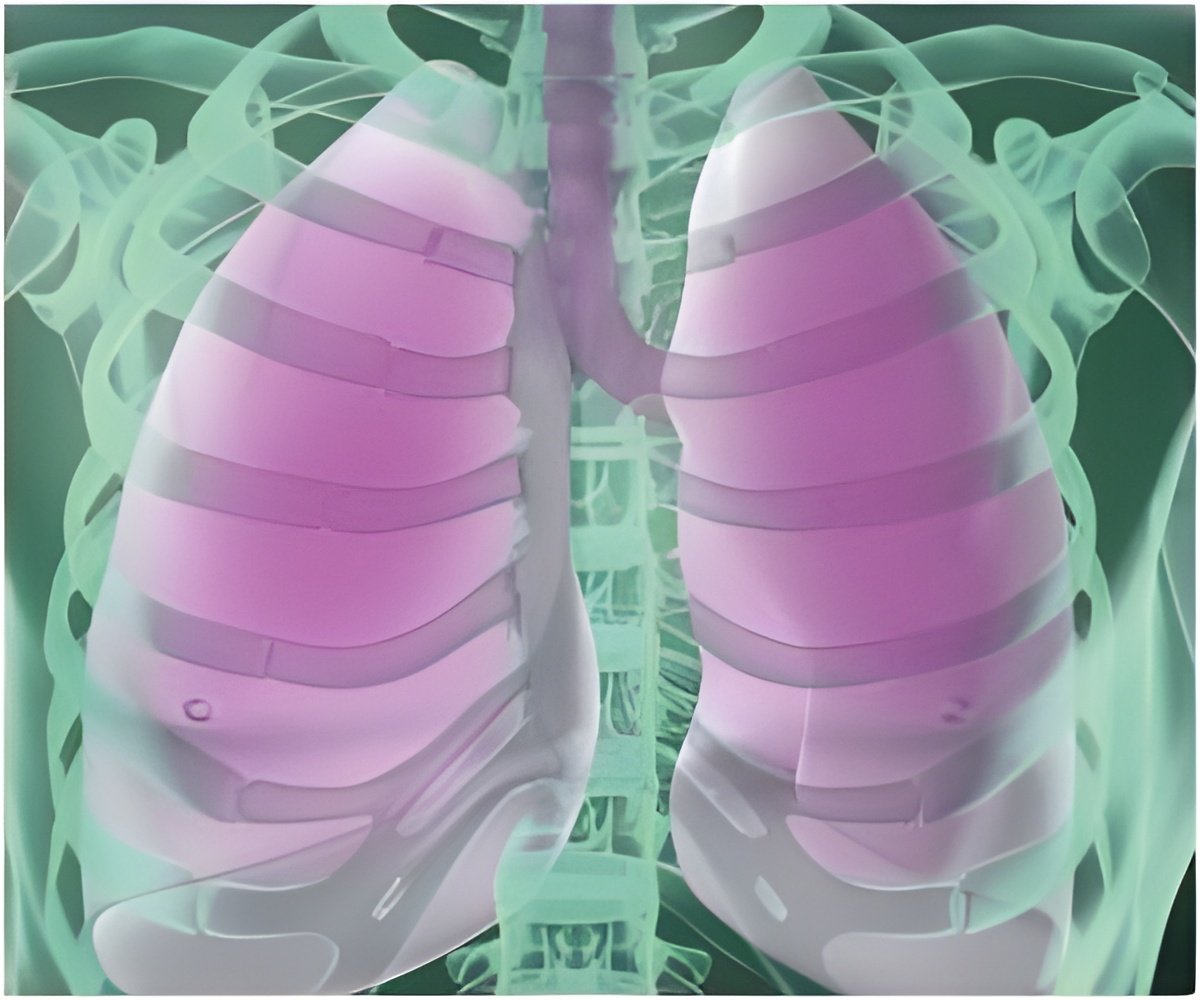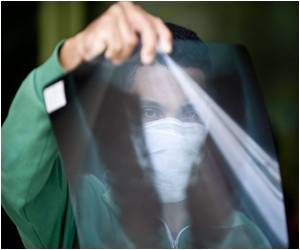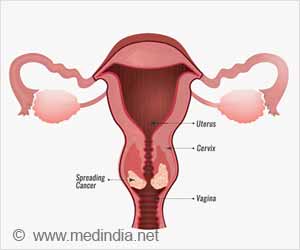Researchers are in the process of developing biosensors to detect tumor markers of lung cancer in exhaled breath.

Tecnalis, through the Interreg project Medisen, is contributing to develop biosensors with lung cancer patients, treated in the Section of Medical Oncology of the Institute of Onco-Haemathology of the Donostia Hospital (IDOH).
Human breath, whether from a healthy or ill person, is comprised of a hundreds of organic compounds - acetone, methanol, butanol, hydrocarbons, amongst others. There is not a single specific component in the exhaled breath capable of acting as a marker for the diagnosis of lung cancer.
A range of biomarkers and its combination should be selected. The compounds of interest are generally to be found at 1-20 parts per billion (ppb) in healthy human breath but can be increased 10-100-fold in the breath of sick patients. In order to be able to detect these changes the development of novel materials was required.
During the first phase of the project, breath samples were collected by the hospital staff by a breath collecting device. A detailed analysis of the most representative compounds present in the breath samples has been carried out and the family or families of compounds required to act as markers for the presence of lung cancer selected.
Organic compounds have been analysed using gas chromatograph or mass spectrometry analysis (GC or MS). Then, the GC or MS results of breath tests have been analysed by statistical and structural algorithms to discriminate and identify "healthy" and "cancerous" patterns that really provide information for the design of the sensor.
Advertisement
As a conclusion, the biosensors will facilitate the diagnosis of certain diseases - mainly those located in the lungs, at the initial stages of the illness, which could increase considerably the chances of survival.
Advertisement














